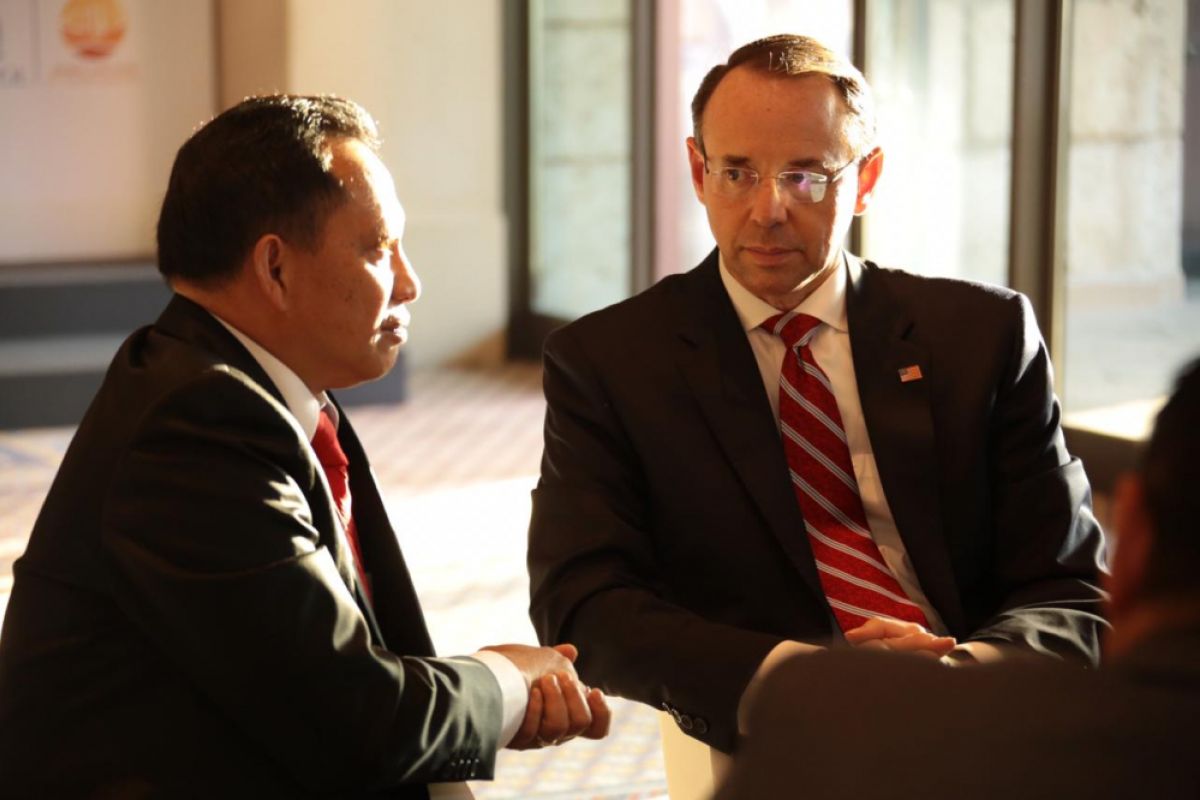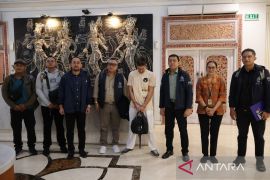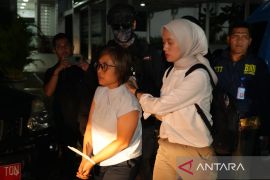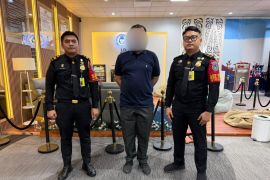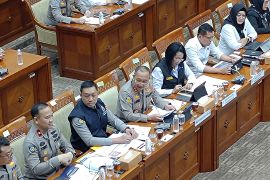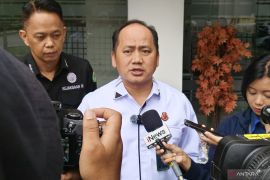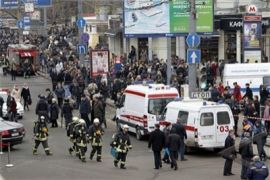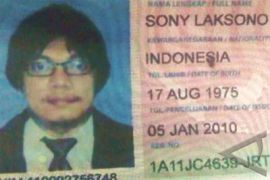Among the challenges that all member countries of the Interpol have been facing are transnational cyber crimes amid a huge number of Internet users, ongoing threats and acts of terrorism, as well as various organized and emerging crimes.
As revealed by the Interpol`s official website, the four-day conference attended by nearly 1,000 official representatives from 173 countries, including 85 police chiefs and nearly 40 ministers, addressed how technology changed future threats.
During the general assembly, General Tito Karnavian who led the Indonesian delegation, and his foreign counterparts shared views and got updated on how the technology could be used by law enforcement to meet these challenges.
The cyber crimes have seriously challenged the law enforcers because more than 55 percent of the world`s population have Internet access, and criminals are increasingly going after data as a means to make money, as shown by recent ransomware attacks.
Increased use of Artificial Intelligence and robotics, as well as innovation in the field of forensics were also key issues for discussion during the Interpol General Assembly held in the United Arab Emirates` (UAE) largest city.
The participating delegates also got updated on the organization`s three crime programs: counter-terrorism, cyber crime, and organized and emerging crime, as well as linked operational successes.
These included the first global multi-agency operation against marine pollution, the seizure of 500 tonnes of illicit pharmaceuticals during Operation Pangea XI, and operations Epervier, Libertad and Sawiyan which resulted in the rescue of nearly 1,000 victims of human trafficking and people smuggling.
Addressing the delegates, UAE Deputy Prime Minister and Minister of the Interior Sheikh Saif bin Zayed Al Nahyan said promoting efforts to develop the Interpol`s projects and initiatives would help secure the world and make it a safer place.
"We will continue to work together until we triumph over terrorism and crime," he was quoted by the Interpol`s press statement as saying.
Meanwhile, Interpol Senior Vice-President Kim Jong Yang said the decisions taken by the General Assembly support officers on the frontlines of policing.
"In the age of unprecedented information exchange, police the world over are increasingly facing new challenges. Gathering best practices within an international model, Interpol provides a neutral, well-connected platform."
"Criminal data and the rules surrounding its processing have become critical contours for shaping the work of international police cooperation," Kim told the delegates.
Interpol Secretary General Jurgen Stock was quoted as stating that partnerships with regional bodies played an important role in developing a strong global security architecture.
"With increased pressure on law enforcement resources, we must avoid duplication of effort if we are to work effectively in making the world a safer place. We must also harness the advances in technology for the benefit of police around the world."
"Interpol is uniquely and ideally placed to do this, especially in making vital biometric data available globally," Stock said at the conference, whose opening ceremony was attended by UAE Vice President Sheikh Mohammed bin Rashid Al Maktoum.
On the sidelines of this event on Monday, Indonesian National Police Chief General Tito Karnavian met with US Deputy Attorney General of Rod J. Rosenstein for strengthening the two countries` cooperation in combating transnational cyber crimes.
The Indonesian National Police and the US Attorney General`s Office had agreed to strengthen the bilateral cooperation in dealing with various forms of transnational cyber, economic, and financial crimes.
At the meeting, they exchanged views on several issues of common concerns in an endeavor to combat the transnational cyber crimes though the Indonesian Police and their US counterparts have been building good cooperation for decades.
One of the most obvious forms of cooperation that the two countries have done is related to capacity building program in which the Indonesian police personnel receive law enforcement-related trainings from their US counterparts.
"This education and training program is quite helpful to improve the Indonesian National Police personnel`s knowledge and skills," said Tito Karnavian, who was accompanied by Chief of the National Police`s Criminal Investigation Department Commissioner General Arief Sulistyanto, Chief of the National Police`s International Relation Department Inspector General H.S.Maltha, and Secretary of the National Central Bureau-Interpol Indonesia Brig.Gen.Napoleon Bonaparte, during the meeting.
US Deputy Attorney General of Rod J. Rosenstein himself appreciated the US collaboration with the Indonesian National Police, saying that it was so strategic that it was necessarily continued, including a cooperation in capacity building program.
The Indonesian Police needs to take benefits from both the bilateral cooperation and Interpol-initiated programs to enable its personnel to counter all forms of transnational cyber crimes, threats of terrorism, as well as organized and emerging crimes.
Editing by Eliswan Azly
Reporter: Rahmad Nasution
Editor: Andi Abdussalam
Copyright © ANTARA 2018
